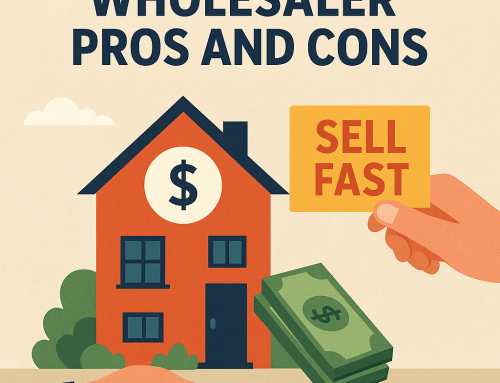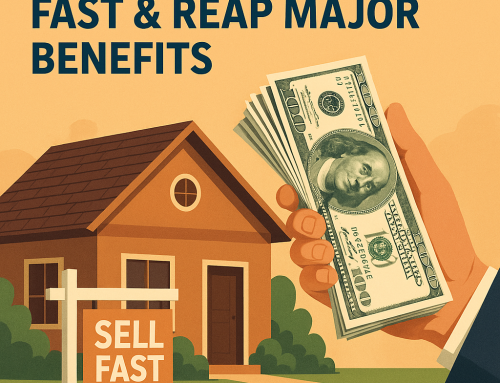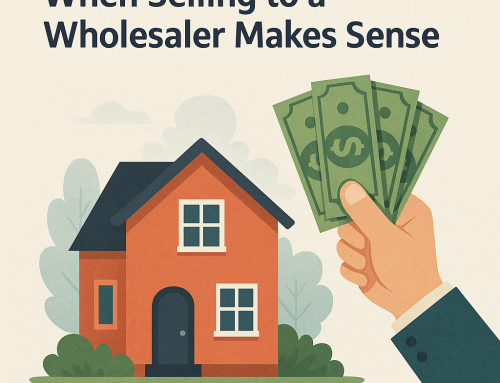- Understanding the FSBO Model
- Pros of Selling FSBO
- Cons of Selling FSBO
- Evaluating the Market
- Alternatives for a Quick Sale
- Conclusion
In a competitive real estate market, homeowners often seek methods to expedite the selling process. One popular approach is selling a home without the assistance of a real estate agent, commonly referred to as “For Sale by Owner” (FSBO). This method can be appealing due to the potential for saving on agent commissions. However, it raises important questions about efficiency, pricing, and effectiveness. Understanding the pros and cons of this path can help homeowners make more informed decisions.
Understanding the FSBO Model
Selling a home on your own means that you assume all responsibilities traditionally handled by a real estate agent, including pricing the property, marketing it, conducting showings, and negotiating with buyers. While this approach may seem straightforward, it often requires significant effort and knowledge of the housing market.
Pros of Selling FSBO
1. Cost Savings: By eliminating the need for a real estate agent, homeowners can save substantial commission fees, which typically range from 5-6% of the sale price. This can be particularly beneficial for those looking to sell home fast while keeping more cash in their pocket.
2. Complete Control: FSBO allows homeowners to maintain full control over the selling process. They can set their own price, decide on the marketing strategies, and directly engage with potential buyers.
3. Personal Touch: Homeowners can showcase their properties in a way that feels authentic and personal. They can highlight the unique features and stories that might resonate with buyers.
Cons of Selling FSBO
1. Pricing Challenges: One of the significant challenges of the FSBO model is correctly pricing the home. Homeowners may lack access to the same market data and analytical tools that real estate agents use, which can lead to overpricing or undervaluing the property.
2. Time Commitment: Selling a home requires time and effort, from staging the property to hosting open houses. For busy homeowners, the demand on their schedule can be overwhelming.
3. Negotiation Skills: Dealing with buyers can be tricky, especially when negotiating offers. FSBO sellers may not have the expertise to handle complex negotiations, which could impact their financial gain.
Evaluating the Market
Before deciding to go the FSBO route, it’s essential to evaluate the current housing market. In a seller’s market, where demand exceeds supply, homeowners can often sell home fast, potentially making FSBO more viable. Conversely, in a buyer’s market, where there are many homes available, competition can make selling on your own more challenging.
Alternatives for a Quick Sale
For those seeking a rapid sale, several alternatives exist. Some homeowners hold out for offers of cash for home, which can expedite the transaction process significantly. Cash buyers typically do not require financing and can close quickly, avoiding lengthy approval processes.
Additionally, working with a real estate investor can provide an efficient means of selling. Investors often purchase homes “as-is,” requiring minimal effort from the seller and a speedy closing process.
Conclusion
Choosing to sell a home FSBO offers both advantages and drawbacks. While the potential for saving on commission is enticing, it is crucial to weigh the challenges that come with the responsibility of selling a home independently. For those looking to sell home fast, exploring various options—including cash buyers or real estate investors—can provide the flexibility and speed desired in a transaction. Ultimately, sellers should assess their comfort level and experience with the real estate process before diving into FSBO.




